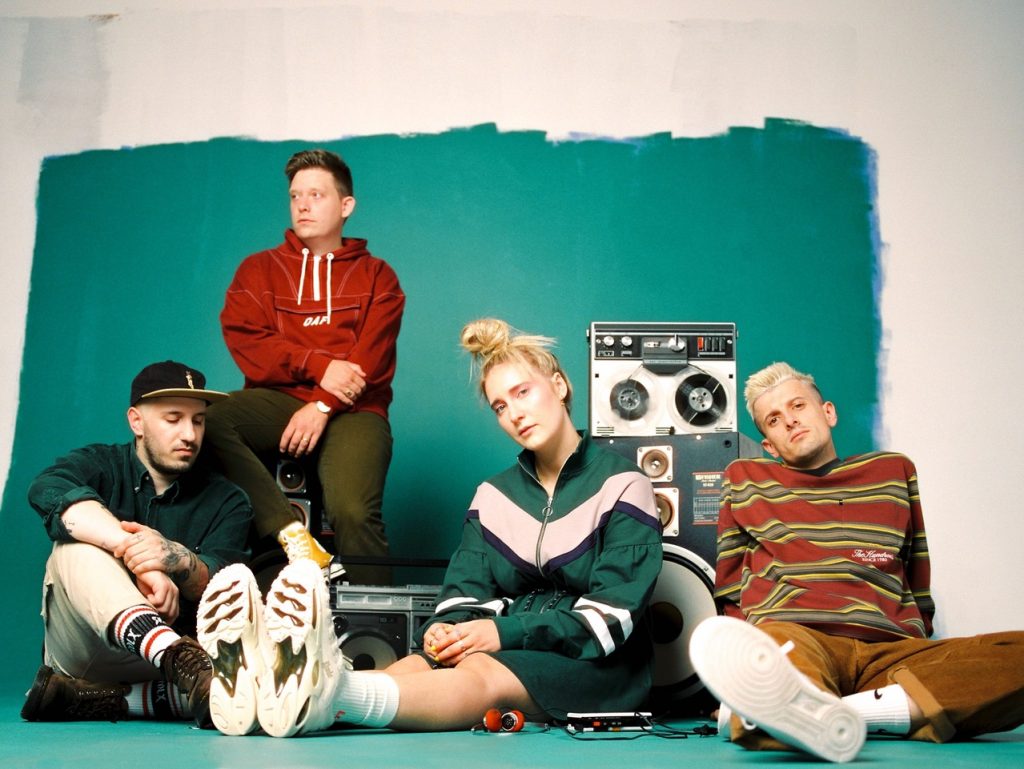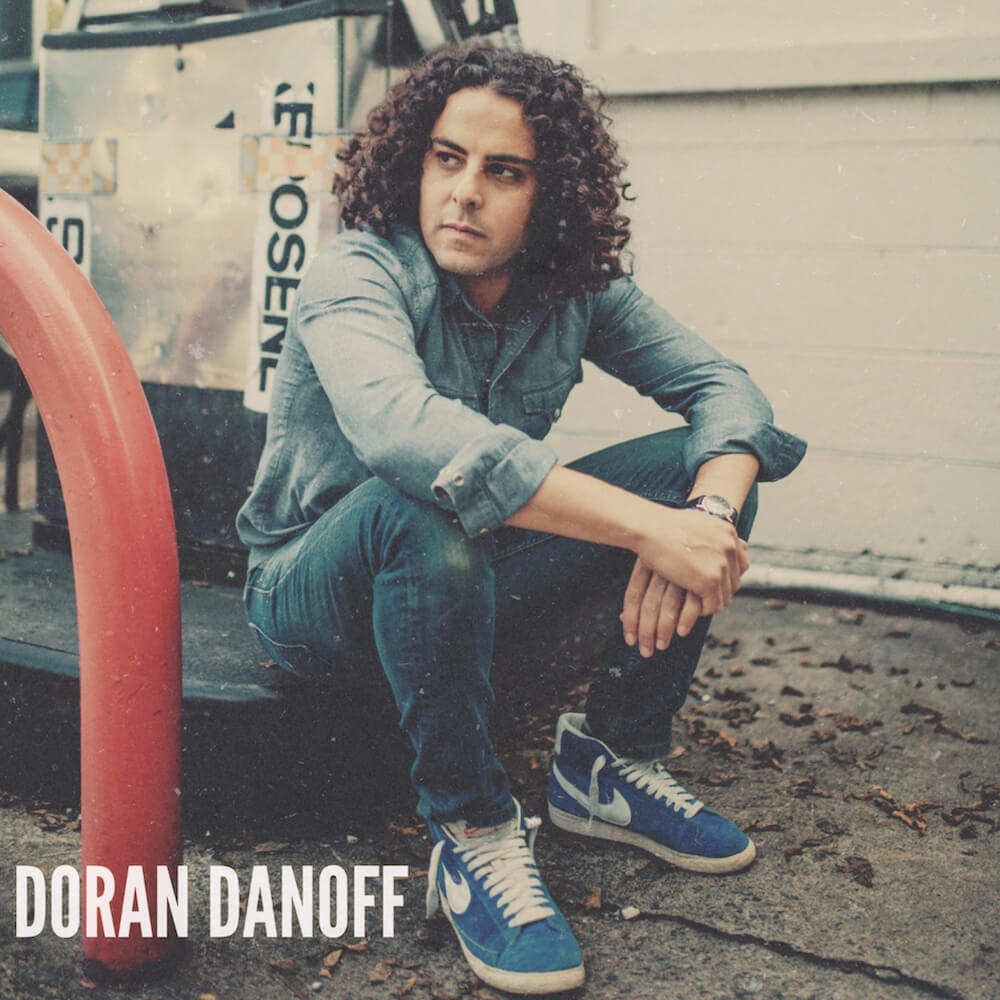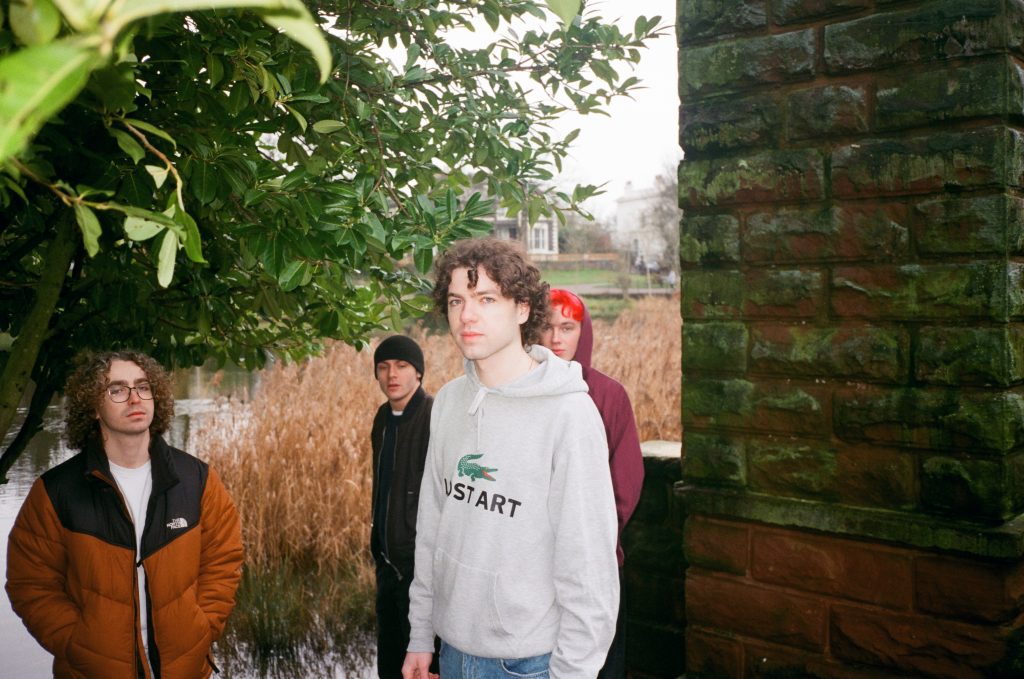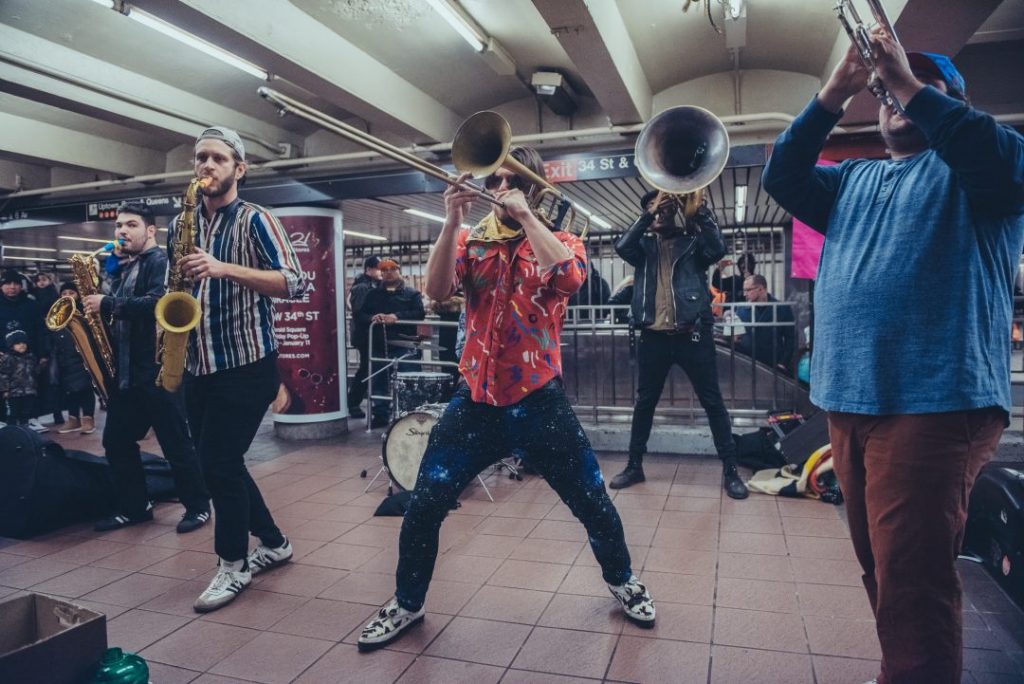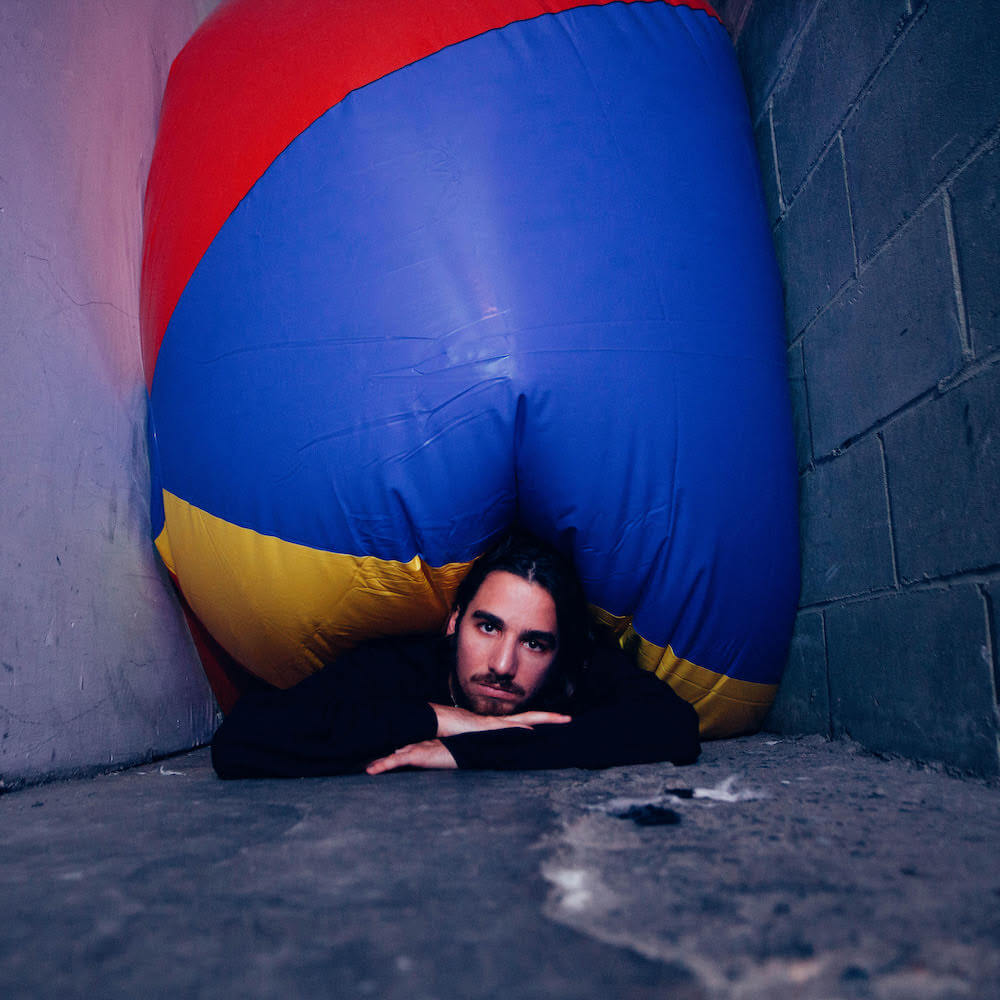Arlo Parks: The Power of Poetry in Music

Once in a while, a specific kind of artist comes along whose work is inventive yet accessible. One who is wise beyond their years, one who may not realize the skill and insight they possess. 19-year-old singer, songwriter, and poet Arlo Parks is one of those artists. Growing up in West London may have shaped who she is as an individual, but it certainly did not determine the kinds of art she was exposed to. As a kid who grew up with YouTube, Parks’ influences range from Erykah Badu and D’Angelo to Miles Davis and Portishead to Odd Future and contemporary British acts like King Krule and Loyle Carner.
However, Parks had another interest that she explored beyond the Interweb, on her own time: poetry. The medium first piqued her interest in grade school, where she soon began writing her own short stories, which morphed into poems. Drawing inspiration from musical poets like Bob Dylan, Leonard Cohen, and Patti Smith, Parks has always communicated how people feel during trying times and hard-hitting events. Parks naturally gravitates towards poetry and lyricism as her primary way of presenting such feelings and images—seamlessly merging vulnerability with smooth, melodic vocal lines. What results is sound that is equal parts confessional, equal parts cool.
FRONTRUNNER spoke with Parks about her identity as a young songwriter, the power of poetry and music, and why a professional recording studio is no longer the ideal recording space for a 21st-century musician. We also learned that Parks enjoys writing songs in Airbnbs.

Have you still been able to work on music and stay in the creative mindset during quarantine?
Weirdly, yeah. I think it’s kind of encouraged me to because I’ve kind of dug up a lot of my old journals and my old notebooks and just kind of processed things that have happened in my life. So I’ve been taking a lot of inspiration from memories and experiences that I’ve lived. But at the same time, it’s quite hard, because as a musician you get inspired by living and being in situations and going to different places and having conversations, and that’s not really happening in the same way. It’s interesting how everyone is in the same boat to some extent. Like, I don’t think there’s ever been a time where there’s a collective feeling of like, “What the fuck is going on?” (Laughs)
Do you have a recording setup at home, or have you been working at different locations?
So Airbnbs was before all of this was going on. In my room, I have a mic, a few guitars, a few keyboards, and mainly I just work on Logic. Some of the songs that I’ve put out, I’ve done in that setup. All of the songs I’ve put out thus far, they’ve always been written in living rooms and bedrooms and stuff. I rarely go to the studio, so it’s actually kind of worked out for me. I can just create in my space.
Do you feel more comfortable in those environments?
I definitely feel that way. I guess there’s a distinction between writing and recording because a lot of the albums that I love were recorded live. But with writing, I just need a level of comfort. I feel like with being in a studio there’s rarely much natural light. It feels like you’re in this bubble, and it’s so much nicer to be in an apartment or whatever–have a bit of a view and some fresh air coming in, be able to walk around a bit more, and just feel more free in what you’re doing. I definitely prefer working out of my bedroom.

Did you start writing poetry before you started writing songs, or did they kind of happen at the same time?
When I was much younger, so like eleven or twelve, I started writing stories and stuff. That kind of morphed into poetry, because I was more interested in imagery than thoughts. I guess I started making music when I was around 15. I picked up the guitar–I wanted to be cool and play the electric guitar–and then I started writing crappy songs, and it kinda went from there.
So are you self-taught on guitar?
I had a few lessons, and then I just stopped doing the lessons and was just like, “No, I can pick it up myself. I can just look it up on YouTube” but it’s actually quite hard. I was kind of kidding myself.
How do you feel about the relationship between poetry and music? In what ways do you feel like they inform each other?
I mean, I just feel like music in itself is poetry. They are so intertwined, and I feel like, personally, I build all of my songs off of poems. For me, lyrics are just poems that have been formatted in a certain way. They are similar in terms of like, they both convey a mood and tell a story, and I think I have always just naturally gravitated to both mediums. I feel like I can express myself well in both of them, and they work well together.
Are any of your musical influences also poets?
Definitely. I listen to Patti Smith or Leonard Cohen or even King Krule, and they all consider themselves poets as well as musicians. I listened to a lot of that kind of person (artist) when I was still figuring out my sound, and I gained inspiration from them.
What is your songwriting process normally like? Do you find yourself starting with a lyrical idea and then the melody comes with it or do you usually write chords first?
Well, for a long time it was always words first. I’d feel something, or something would happen, and I would just write for like 10 minutes completely unconstrained, and then I’d pick out ideas from that. If there were certain phrases that I liked, then I’d try and format them into a song. Recently, it’s been this thing where a melody will come to me randomly, and then I’ll be like, “oh, alright.” Then, maybe the melody will remind me of a poem that I wrote, and I’ll try and intertwine them. So yeah, recently it’s been melodies first–but just recently.
As you move further along in your career, do you find yourself patching together older ideas, let’s say from older poems into like newer melodic ideas? You know, taking from the past and bringing it to the present?
In general, I do tend to look forward. Like, I’ll write a poem and look back at it and think “oh, I don’t feel that way anymore.” But then I’ll have times where a poem that I wrote (and maybe didn’t really love at the time) suddenly feels extremely relevant to something that I’m living presently. Then I kind of go back and use it in terms of a new melody that I’ve found. So I do look back, but most of the time I get bored of the old stuff and I’m kind of like, “No no no, I wanna make new stuff now.”
Do you churn out tunes every day, every week? Or do you work super-intensely for like a handful of months and then kinda chill out and focus on production/arrangement elements rather than strictly on writing kind of person?
All of the songs I’ve put out have been done in like a day. At times, I’ll go back and think, “oh, maybe this needs a double chorus,” or “oh look, add a guitar line here or there,” but I don’t really tend to labor over things for too long. Because if I start labouring over something for weeks, it will just never come out because I will never be satisfied with it. I think I write from a very instinctual place. I’m just kind of like, “it came out like that in the moment so that’s how it is going to be.” (Laughs) I tend to let it go, I think because I’m always trying to work on new stuff. I don’t really want to spend years working on just one piece I guess.

How involved are you in the production of your music? Has that changed during the past couple of years (since you started releasing material)?
It has changed because, in the beginning, I taught myself how to work GarageBand, and it was all kind of just me. Then I started writing with producers. In a way, it’s still kind of the same, because I will always be sitting beside a producer like, “I think maybe we should add the kick here” or, “oh I listened to this song by Erykah Badu that I think you should use this part there.” I’m kind of annoying because I want it to be a very specific way. But I love working with other people who are more capable of actually doing the computer-y stuff—I obviously have a limit to my capabilities, but I love to be involved in how everything sounds. Because I just want it to be me.
Do you usually use Logic or Ableton? Or do you still sometimes use Garageband?
Oh no, not GarageBand—I moved on from that one, thankfully! (laughs). I use Logic, I just like the interface. But actually, a producer I work with a lot (who worked on “Cola” and stuff) uses Ableton, and I don’t really get it. I just like Logic. It’s simple, and I understand it well.
When I listen to “Cola” and “Super Sad Generation” back-to-back, I notice an immediate consistency in mood and tone. Both tracks intertwine real-life struggles and adolescent anxiety in such an unpretentious, yet brutally honest manner. At what place were you in your life when you wrote these two songs?
It’s funny because the reason why they have such a similar mood is that they were written within the same 24 hours. (laughs) I think I must have been 17. It was summer, it was my first time doing sessions, and we were in this Airbnb in Angel. I guess I was still trying to figure out my place in the world. I was still at school, and the music I was listening to at the time…I just realized that I was so interested in people and I was interested in honesty: just talking about what people go through every day, trying to mine from my own experiences–experiences that, therefore, lots of people have lived. I was just literally sitting in the living room and thinking about my friends, and thinking about things they’d gone through, and thinking about the kids at school, and the stories that I’d heard. I think it all just came flooding out.
I found a bunch of poems that I had written on the bus in my notes, and then Luca started making the beat for “Cola” at first, and then immediately I knew that I wanted to approach love in some way–but maybe in a way that hadn’t been explored that much before. It was just quite spontaneous I guess—both times it was very spontaneous. For “Super Sad Generation,” I came in before another session he had really early in the morning, and we just did it like in like 2 hours. Because I felt quite rushed, I didn’t overthink anything, so it was very immediate.
How do you think these two tracks set the tone for your later releases like “Second Guessing” and the Sophie EP?
I think they kind of introduced people to my style. I didn’t really realize this, but I am told I have quite a specific way of writing about things. I guess they prepared people for me to be making very honest music: exploring topics like mental health and sexuality, and all of that that may make some people uncomfortable, but it is nonetheless important to speak about. I guess the idea of me talking about my generation and just talking about people, like a lot of my songs are named after people, and again there’s an intimacy to my work, and I feel like those two songs (“Cola” and “Super Sad Generation”) introduce people to that.
Can you tell me a bit about your most recent track, “Eugene”? It’s such a jam so I’d love to know what the process was like for that.
So I wrote that one again in an Airbnb (Laughs) with the same guy that did “Cola,” “Super Sad Generation,” and “Sophie.” For “Eugene”, I was again thinking about things that I’d been through and things that my friends had been through. I felt like I just wanted to have this story of a trio of people, the complicated dynamic that comes with the idea of one person wanting more from the other, and the idea of feeling left out, and how complicated friendships can be. Again, it was just based off a poem, and it came quite naturally.
Who are your dream collaborators?
I’ve always been obsessed with the Odd Future guys: The Internet, Frank, or Tyler. I think that would be really, really cool. I think Solange as well is so cool, I’ve been taking a lot of inspiration from her Seat at the Table record. And I would like to do something with someone that’s outside of my genre. Like, if I did something with Flying Lotus or some cool electronic producer, I feel like that would be cool and outside of my comfort zone.
What have you been listening to recently?
Oh, I’ve been listening to a bunch. I’ve been going back into Radiohead’s discography, so like A Moon Shaped Pool and Kid A. I’ve been listening to The Beatles a lot. Been listening to Mad Lib, Erykah Badu (like that Mama’s Gun record), and the whole Soulquarians collective of like D’Angelo and all of that. I’ve also been like going into my old record collection my uncle gave me when I was a teen, so like listening to Sade and Bob Dylan and all of the stuff that he used to listen to when he was younger.
After all of the current COVID-19-related craziness calms down, what do you think the rest of the year holds for you?
Well depending on the WHEN of the when things settle down—the Hayley Williams Tour at some point in the US, which is really cool. I guess just putting out new music and planning the record—that is kind of the main priority for me at the moment. Just making sure that’s perfect. And yeah, we’ll see when we come out of this.

